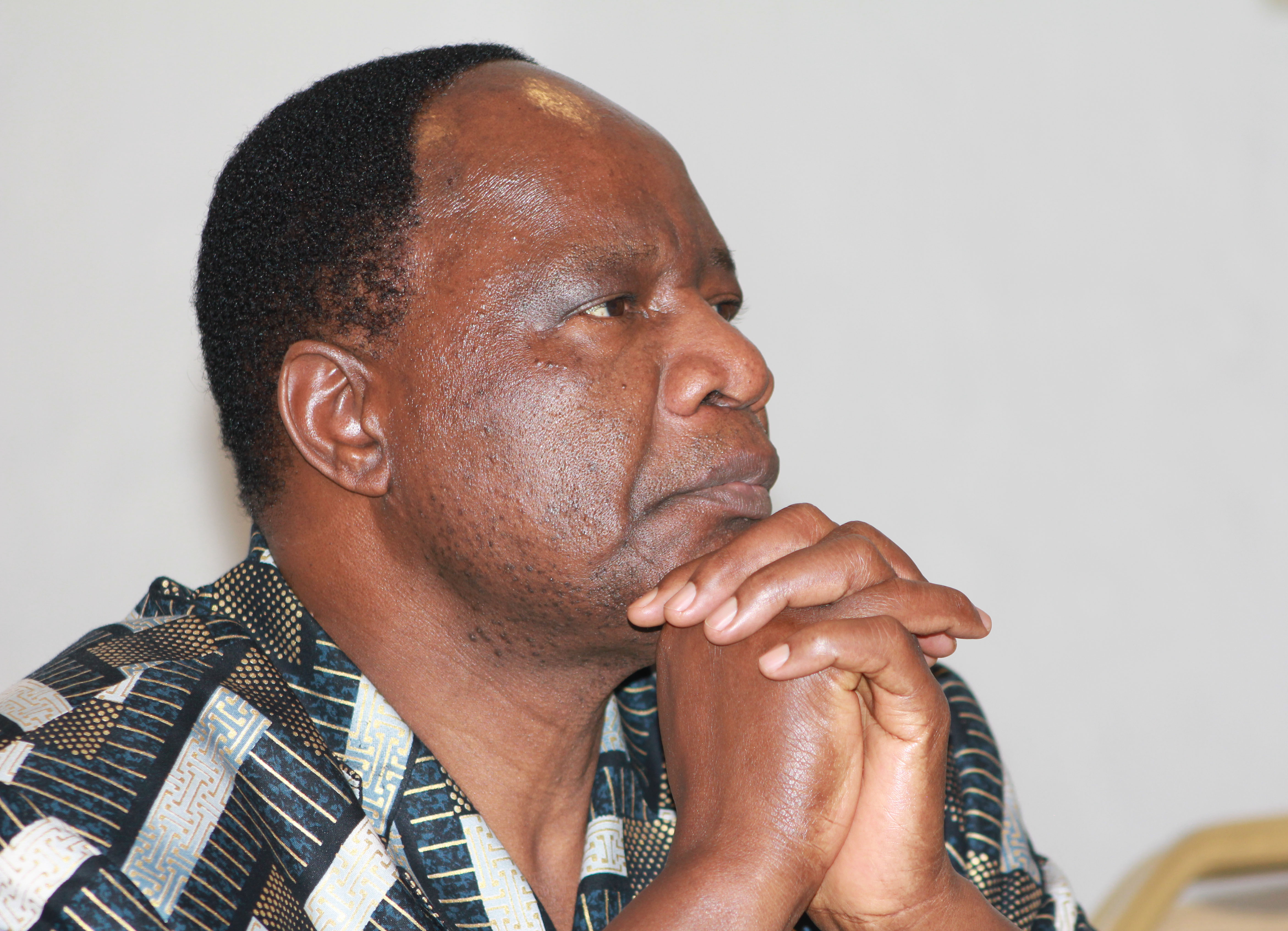

Former President Uhuru Kenyatta described Dalmas Otieno as an exemplary statesman whose career in public service spanned decades.
“As a Cabinet Minister and Member of Parliament, he made immense contributions to our nation’s social and economic development. His calm demeanour, wisdom, and commitment to dialogue set him apart as a leader who always placed Kenya’s unity and progress above all else,” Uhuru stated.
I have read tributes by leaders following the deaths of high-ranking public officials with a pinch of salt. Most of the tributes are outlandish. The words are inconsistent with personality, character and the service the deceased lent to society.
Not so with the former President’s words. The personality and character of Dalmas Otieno were the incarnation of a calm demeanour and wisdom.
I saw Dalmas demonstrate these virtues on two occasions. The first was when he handled the creation of the comprehensive medical insurance scheme for civil servants and teachers with tact. The second was when he officiated the induction of senior officials of the Public Service of the Republic of South Sudan in Mombasa in 2010.
He did this in his capacity as the Minister for State for Public Service under the Grand Coalition Government formed in 2008 between ODM and Mwai Kibaki’s Party of National Unity. At the time of his appointment to this post, civil servants and teachers did not have a comprehensive medical insurance scheme.
Where did the minister get the money to fund the medical insurance scheme?
Up until 2009, teachers and their civil service counterparts received medical allowance to compensate for the severely limited medical cover under the then National Health Insurance Fund. In the first five years of his administration, President Kibaki introduced a medical allowance for civil servants and teachers to supplement the limitations inherent in coverage of the then NHIF
Clearly, the deductible sum was not sufficient to serve a person’s medical coverage. The feeble benefits induced the minister to persuade civil servants and teachers to allow him to consolidate the medical allowances and secure major medical health insurance for them.
His argument was that neither the statutory deductions to NHIF nor the medical allowances civil servants and teachers received met the cost of physician visits, hospitalisation or prescription drugs.
Dalmas held many sessions with various cadres of employees, alongside the Kenya National Union of Teachers, the Kenya Union of Post-Primary Education Teachers and the Civil Servants Union at the Kenya School of Government (then Kenya Institute of Administration), to garner support for his unique medical scheme.
It was not easy to convince the civil servants and teachers to buy into his idea. They feared that, having enjoyed medical allowance for some five or so years, the government wanted to abolish it altogether. They, however, at length gave him the benefit of the doubt.
“I know the medical allowance means a lot to you. However, it has become part of your salary, in which case you do not set it aside to meet medical emergencies. It cannot help you to meet a serious medical emergency even if you set it aside for the purpose,” I remember Dalmas reasoning with the union officials. I attended the meetings as the public communication arm of the State Department for Public Service.
Satisfied with the reasoning, civil servants gave the minister the authority to withdraw the medical allowances from their pay slips, consolidate them and secure a major or comprehensive medical insurance cover for them.
Thus was born the comprehensive medical insurance cover that civil servants and teachers enjoy today.
Civil servants and teachers have never had a golden moment concerning their health, such as the framework this provides. It was through the ‘calm demeanour and wisdom' of Dalmas Otieno that this became possible. This is one of the most visible legacies, among many others, that he left in the civil service.
Few Kenyans know that Kenya helped build the public service system of the Government of the Republic of South Sudan.
It fell on the shoulders of Dalmas, in his capacity as the then Minister of Public Service, to spearhead the capacity building programme for the government of South Sudan.
Dalmas officiated two workshops—one for the ministers of South Sudan and another for permanent secretaries or principal secretaries for the various ministries. The leader of the two workshops in South Sudan was the then First Vice President, Riek Machar.
Dalmas sat through the two workshops, speaking to different dimensions of public service management in the context of the challenges the service faces.
I personally discerned in his off-the-cuff words and statements a reservoir of knowledge, skill and wisdom about the management of the public service system.
Dalmas also visited South Sudan to inspect the progress of the capacity building programme that Kenyan civil servants helped to implement there.
I saw a man at ease with the dignitaries from South Sudan, at ease with running the public service docket and conversant with the critical role civil servants play advising the government and in implementing the programmes of the government in force.
Adieu Dalmas.













